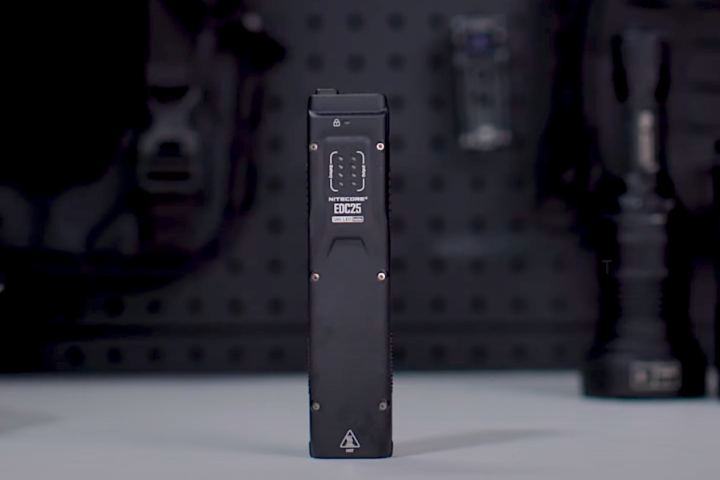The 2014 Paris Motor Show is shaping up to be a showcase of fuel saving technologies. Citroen and Peugeot are showcasing compressed-air hybrids, while Volkswagen will reveal a "GTE" plug-in hybrid version of its eighth-generation Passat that boasts economy figures of 141 mpg (2.0 l/100km).
The Passat GTE sees VW combine hybrid "E" power with the sporty feel associated with its GTi nameplate – hence the GTE moniker. Powering the car is a turbocharged petrol engine coupled with an electric motor that provides 31 miles (50 km) of range in zero emissions mode, but can also provide an extra performance boost. Controlled by an "E-mode" button next to the gear lever, drivers can manually switch between petrol power or lithium-ion battery power, instead of letting the car do it manually.
As well as helping with emissions, the Passat's battery pack provides extra performance. In GTE mode, the 1.4-liter TSI's 115 kW (154 hp) is supplemented by an extra 85 kW (114 hp) and 330 Nm from the electric motor giving the Passat GTE a total output of 160 kW (215 hp) and 400 Nm (295 ft.lb) of torque. In this mode, the car's steering and throttle response are also sharpened, and VW claims it will sprint to 100 km/h (62 mph) in less that 8.0 seconds. Top speed is pegged at 136 mph (219 km/h) or 80 mph (129 km/h).

The Passat GTE Hybrid will cover 620 miles on a full 50-liter (13.2 gallon) tank of fuel and with a full battery, thanks to its 141 mpg (2.0 l/100km) NEDC hybrid consumption figure, which equates to 45 g/km of CO2.
These economy figures are helped by the Passat GTE's DSG gearbox, which can decouple the engine from the wheels to allow "coasting" without any power from the battery or engine. To help the GTE to stand out from the standard Passat range, VW has tweaked its styling. Up front, the hybrid is sporting a new chrome radiator grille and cross panels in the bumper's lower air intake, while C-shaped LED daytime running lights give the GTE a more distinctive face than its less economical stablemates. Seventeen-inch wheels are another cue that the Passat you're seeing is not a run-of-the-mill gas model.

Battery replenishment is taken care of by a socket in the GTE's new grille. A full charge takes around 4 hours 15 minutes by through a wall plug. VW also offers a 3.6 kW quick charger, which takes just 2 hours 30 to complete the same task. Regenerative braking also helps charge the battery on the go.
VW has also fine-tuned the Passat GTE's interior for the new drivetrain. The car's 6.5-inch infotainment touchscreen now features a range monitor, which shows how much energy can be saved by turning off energy-hungry functions, and an energy-flow indicator depicts where the car's power is coming from under acceleration. Finally, a 360 degree range map demonstrates how far the car's remaining battery power will carry you in any direction.

On the instrument binnacle, the GTE's hybrid powertrain is tracked by a "power meter" in place of the rev-counter, which tells drivers how much energy is being consumed and regenerated. A 12.3-inch instrument screen similar to that found in the Audi TT is also available.
The higher-tech interior is supplemented by a "CAR-NET e-Remote" app, allowing GTE owners to check if their car is charging, if the doors are closed or control the air conditioning.
UK order books for the Passat GTE open in June next year, with first deliveries taking place in October 2015. When it does go on sale, the Passat will sit alongside the Golf GTE in VW's plug-in hybrid lineup.
In the meantime, Gizmag will bring you a closer look at the Passat GTE from the floor of the Paris Motor Show this week.
Source: Volkswagen















